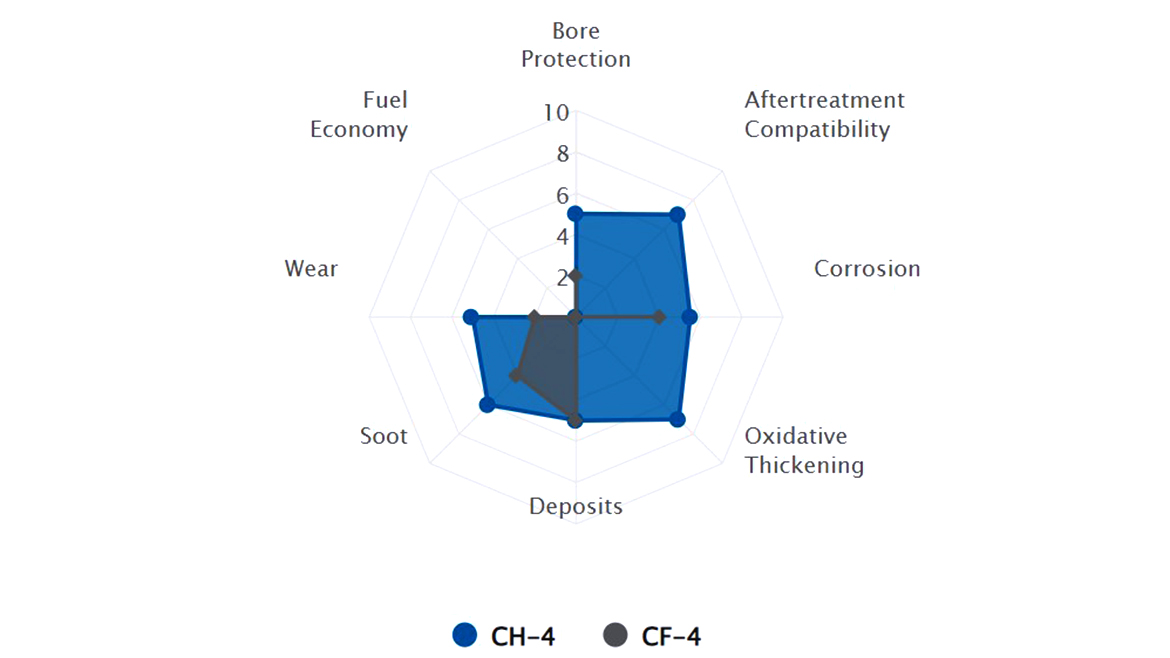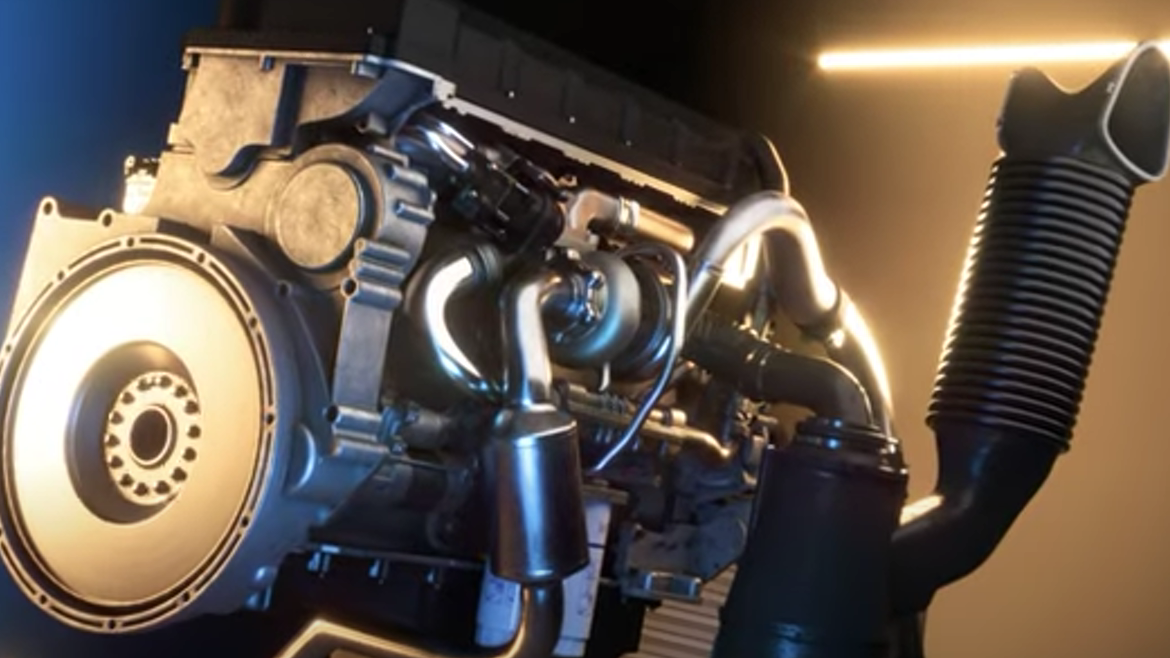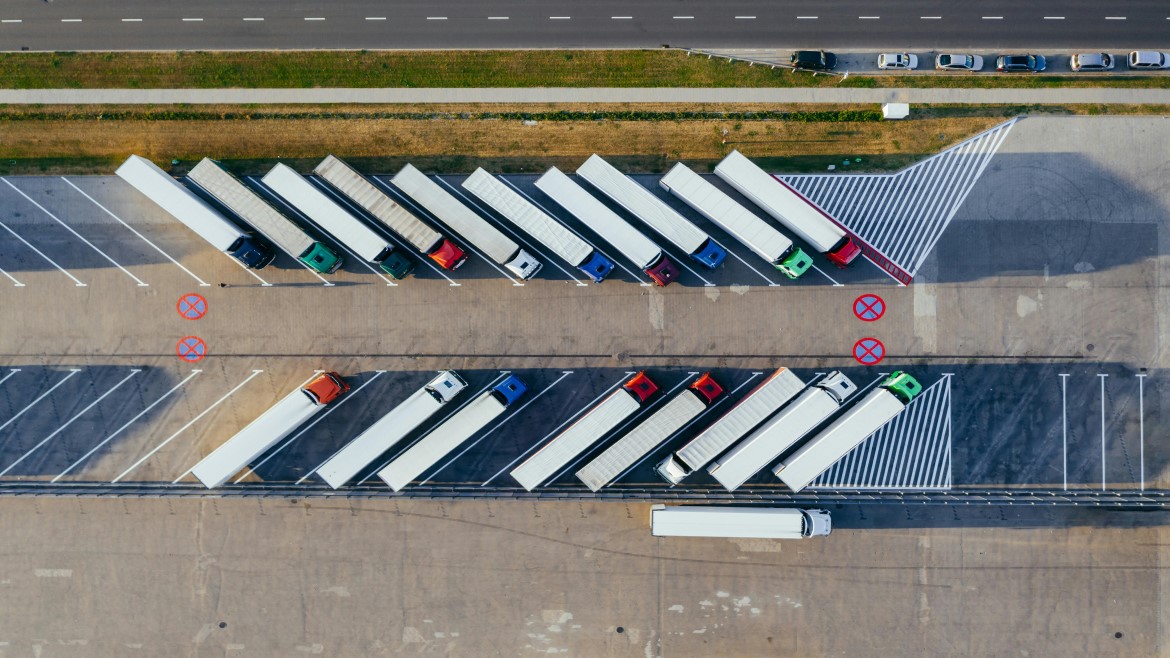As a net importer of commercial vehicles, heavy-duty engine lubricants need to meet not just Saudi Arabia’s minimum performance standards, but also satisfy the requirements of modern hardware designs.
As one of the largest countries in Asia and the 13th biggest in the world, the Kingdom of Saudi Arabia has seen a significant transformation since its creation in 1932. Today the country sees the highest GDP growth rates of any major economy, as it continues to implement its Vision 2030 strategic framework to diversify its economy and reduce its reliance on oil resources.
Continuing growth in the country’s transportation infrastructure is positive news for the lubricant industry, notably for commercial vehicles which account for around half of vehicle lubricant demand.
In 2018 the Saudi Arabian Standards Organization (SASO) mandated that heavy-duty diesel engine oil must meet the minimum performance standards of the American Petroleum Institute’s API CH-4 performance category. Raising the minimum performance standard from the non-licensable API CF-4 category to the licensable API CH-4 category provided both environmental as well as end-user benefits, including performance improvements in areas such as oxidation control, soot handling, dispersancy and wear protection. At the same time, the minimum API CH-4 category aimed to address quality issues in the lubricant market by mandating only licensable and certifiable performance category lubricants could be supplied; a strategy which is regarded by many as being successful.

DPFs have been progressively introduced by original equipment manufacturers (OEMs) to control the level of exhaust particulate matter from their vehicles, removing particulate matter from the exhaust gas, and reducing harmful exhaust particulates. Wall flow DPFs can remove 80% or more of the soot and under certain conditions can attain soot removal efficiencies approaching 100%. In order to work properly such after-treatment systems typically require lower levels of sulfated ash, phosphorus and sulfur (SAPS) in the engine lubricant.
Our View
Saudi Arabia has a significant, and growing, parc of commercial vehicles fitted with diesel particulate filters. Such an after-treatment device typically requires lower SAPS levels in the engine lubricant to deliver the necessary performance and protection for the vehicle.
Today, Saudi Arabia’s demand for commercial vehicle engine lubricants is dominated by API CH-4 and API CI-4 performance category oils. While both categories provide performance benefits over earlier categories, neither has prescribed limits for sulfated ash, phosphorus and sulfur.
It is important the correct commercial vehicle engine lubricant is used which satisfies the requirements of the OEM, delivering the required performance and protection to the vehicle’s engine and aftertreatment device system throughout its lifetime.
For more information contact your Lubrizol representative.









